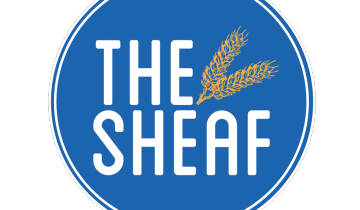$45 per student copyright fee on hold
After a scare that Access Copyright fees would rise by 1,200 per cent, universities across the country can breathe a little easier. Up until Dec. 31, 2010, Access Copyright charged universities across Canada —including the University of Saskatchewan — $3.38 per full-time student for copying rights. For course packages and copying, students paid 10 cents per page.
Starting Jan. 1, Access Copyright informed universities that the per page tariff would be eliminated and the entire fee would be levied as a $45 per full time student fee.
“Under the proposed tariff the royalty would be only a flat rate,” explained Access Copyright’s manager of legal services, Erin Finlay. The 10 cent per page fee would be covered by the student tariff.
Additionally, copying rights changed noticeably under the new agreement. Universities collectively balked.
“A lot of the concerns we were hearing before had to do with the lack of clarity that was out before,” she said of the proposed tariff.
Finlay hopes that the tariff will “allow everyone to calm down and continue operating as they always have.”
Facing stiff opposition from Canadian schools, Access Copyright implemented an interim tariff Dec. 23 that allows universities to use copyrighted materials the same way they always have.
It will remain in place until the proposed tariff is approved, which will take about two years, according to the main U of S contact on issues of copyright, Amanda Storey.
The U of S will operate under the interim tariff “until we are able to operate outside of the Access Copyright tariff, until after Dec. 31, 2013 or until the proposed tariff is certified, whichever comes first,” according to a memo circulated by the administration.
The U of S is now moving towards using primarily digital materials.
“I think we should be doing it anyway. This is probably bringing it more to a head,” said Storey, citing cost-effectiveness and the natural dip in demand for print materials as impetus for the shift.
“It’s a bit of uncharted territory,” Storey added. “A bit of a concentrated effort will be needed on campus from professors, the library, and from students as well and [members of the campus community] insisting on a change.”
U of S Student’s Union vice president academic affairs Kelsey Topola backs the digital materials strategy.
“I think personally the library way is the way to go,” said Topola, referring to use of digital materials.
Finlay, however, maintains the value of the Access Copyright agreement.
“The reason the Access Copyright exists and the tariff is in place is that everyone can operate with the comfort that they are not violating copyright.”
Student groups, professors, and institutions will all be represented in talks to find a new tariff agreement.




